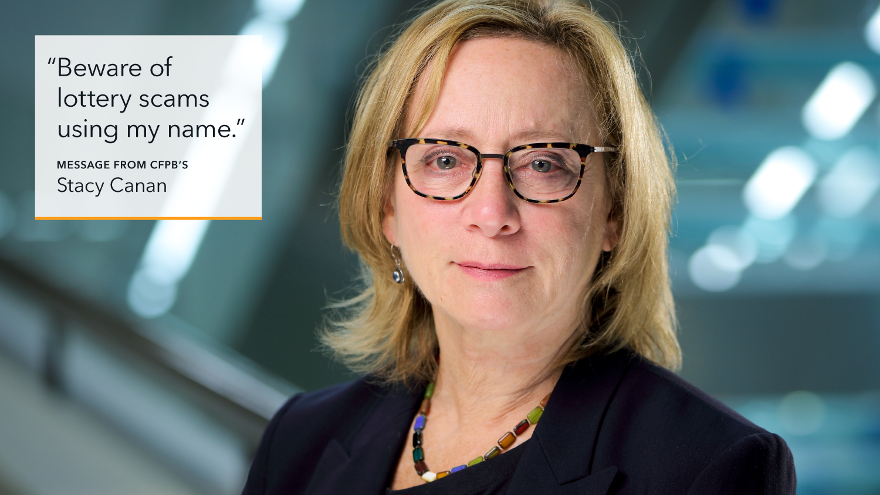As CFPB revises CID process, scammers use bureau’s name to swindle consumers

Image courtesy of the Consumer Financial Protection Bureau
By subscribing, you agree to receive communications from Auto Remarketing and our partners in accordance with our Privacy Policy. We may share your information with select partners and sponsors who may contact you about their products and services. You may unsubscribe at any time.
WASHINGTON, D.C. –
Well, here is an interesting twist, since probably the last thing that auto finance companies or dealerships feel if they’ve been contacted by the Consumer Financial Protect Bureau is that they’ve won the lottery.
There have been several times that the CFPB has issued civil investigative demands (CIDs) alleging auto finance providers used deceptive practices, especially in activities such as collections.
As the bureau is looking for comments about how the CID process unfolds, the CFPB now says it’s also dealing with a situation where scammers are using the bureau’s name to swindle consumers.
Here are the details.
In a recent blog post, Stacy Canan, who is the CFPB’s assistant director for the Office for Older Americans, explained that scammers who are claiming to be the bureau official are contacting people saying they have won a hefty lottery prize. Canan explained this scam has four basic parts:
—Individuals receive a call notifying them that they’ve won a lottery or sweepstakes prize. Several other calls will follow.
Subscribe to Auto Remarketing to stay informed and stay ahead.
By subscribing, you agree to receive communications from Auto Remarketing and our partners in accordance with our Privacy Policy. We may share your information with select partners and sponsors who may contact you about their products and services. You may unsubscribe at any time.
—One of these calls may come from an imposter claiming to be Canan, or another CFPB or U.S. government agency official who confirms that you’ve won the prize.
—Later, the consumer is told that in order to collect the prize, taxes must be paid upfront.
—Individuals send the money to pay the taxes and never hear from any of the callers again.
“I’m never going to call you to confirm that you have won a lottery or sweepstakes,” Canan wrote in the blog post.
When an auto finance provider does receive a call from the CFPB, it’s likely to be associated with a CID. To assess the efficiency and effectiveness of its existing CID processes, the CFPB published the request for information (RFI) about the bureau’s CIDs that was announced as part of acting director Mick Mulvaney’s call for evidence of the bureau's effectiveness.
The bureau reiterated that this RFI will provide an opportunity for the public to submit feedback and suggest ways to improve outcomes for both consumers and covered entities.
“The bureau is issuing this request for information seeking public comment on how best to achieve meaningful burden reduction or other improvement to the CID processes while continuing to achieve the bureau’s statutory and regulatory objectives,” officials said.
The CFPB also reminded the industry that all submissions in response to this request for information, including attachments and other supporting materials, will become part of the public record and subject to public disclosure.
“Sensitive personal information, such as account numbers or Social Security numbers, or names of other individuals, should not be included. Submissions will not be edited to remove any identifying or contact information,” officials said.
Complete details about this RFI are available here.


